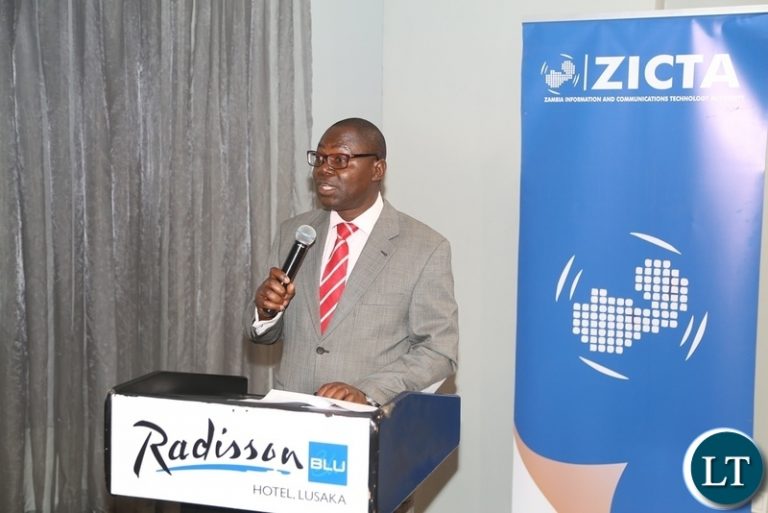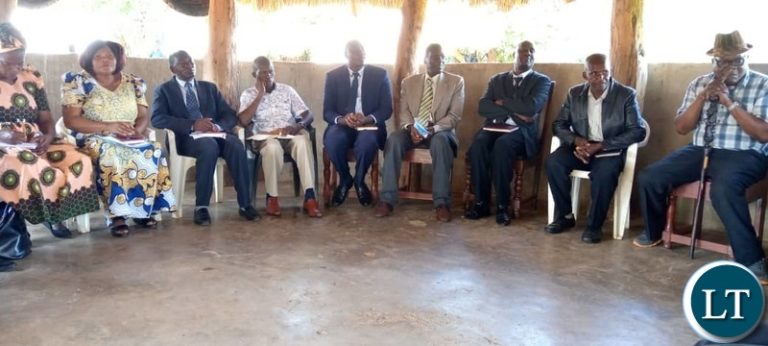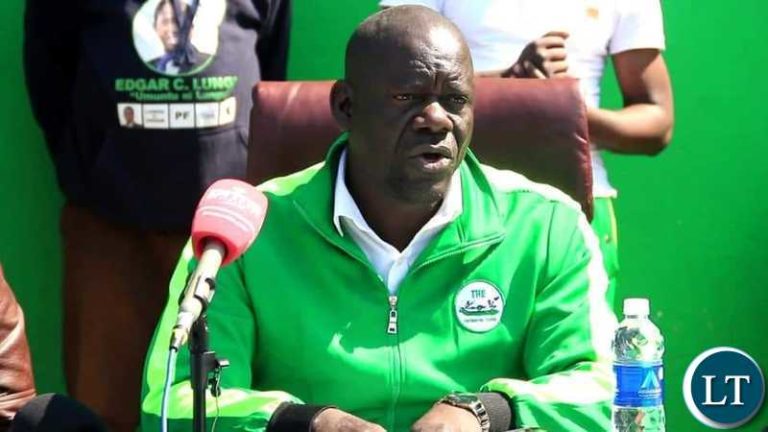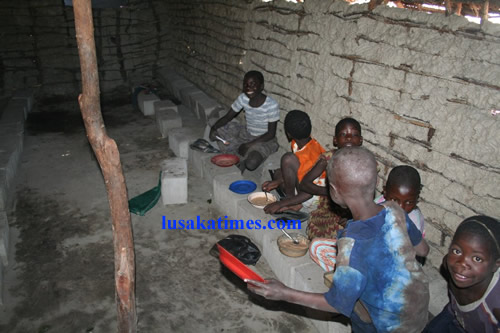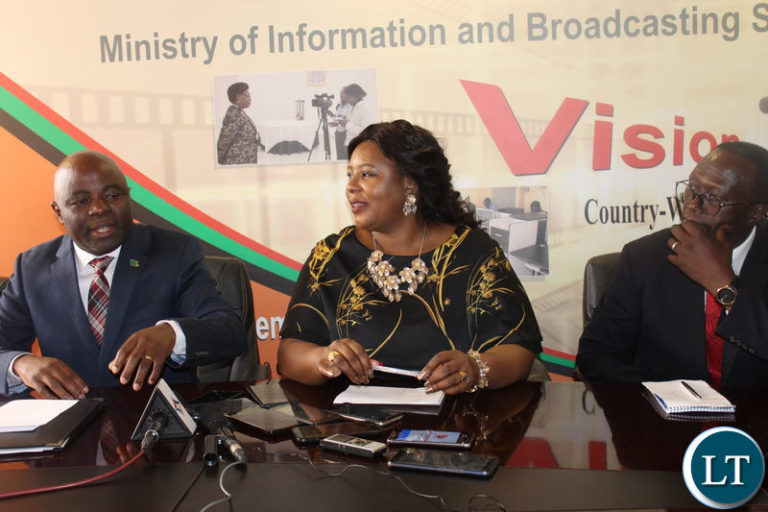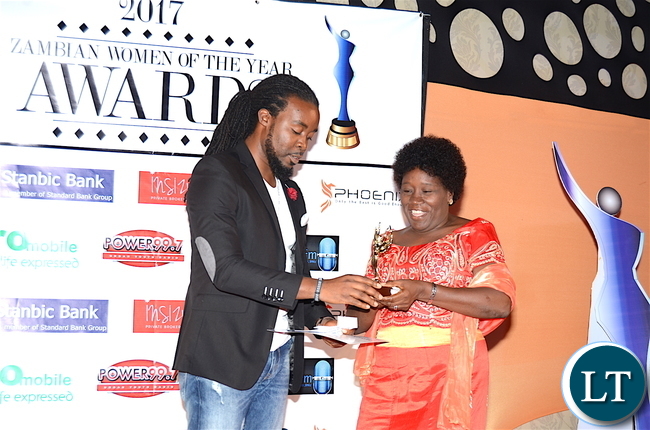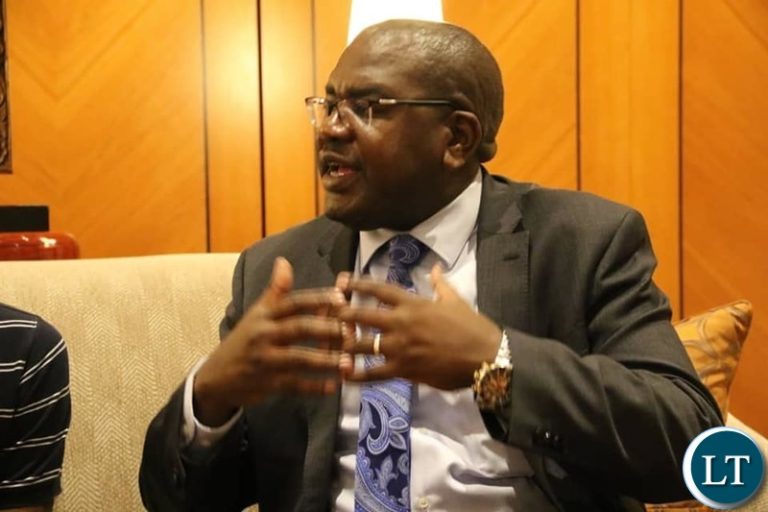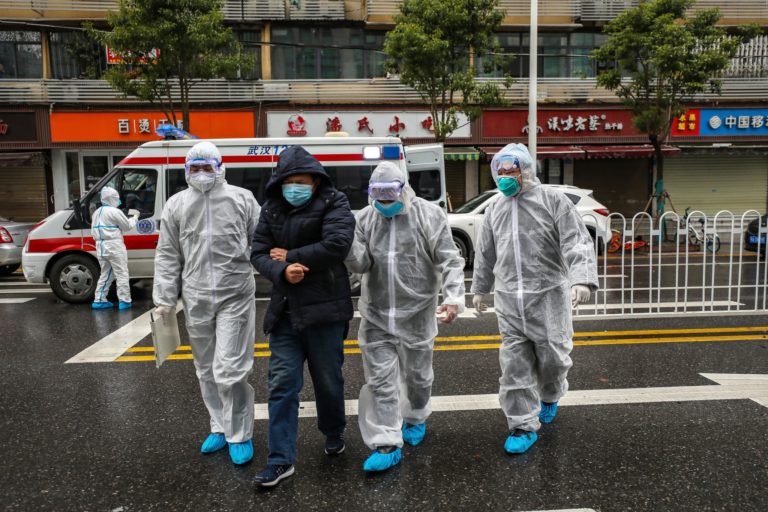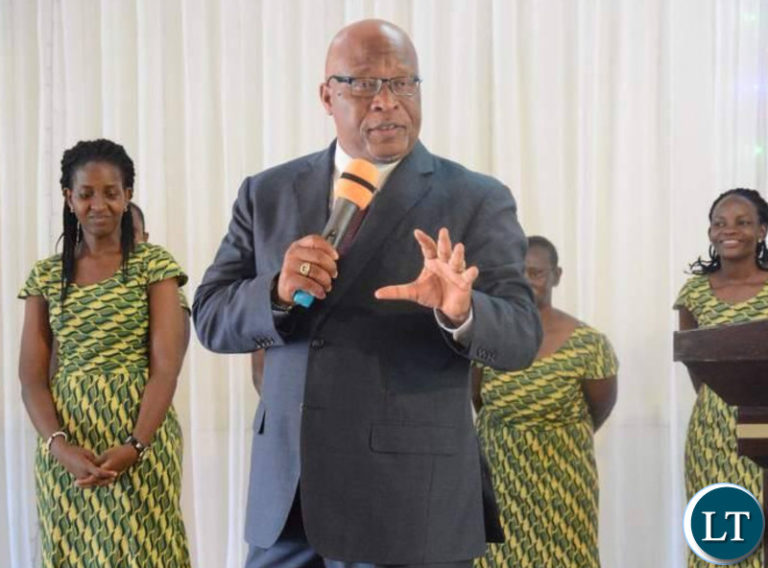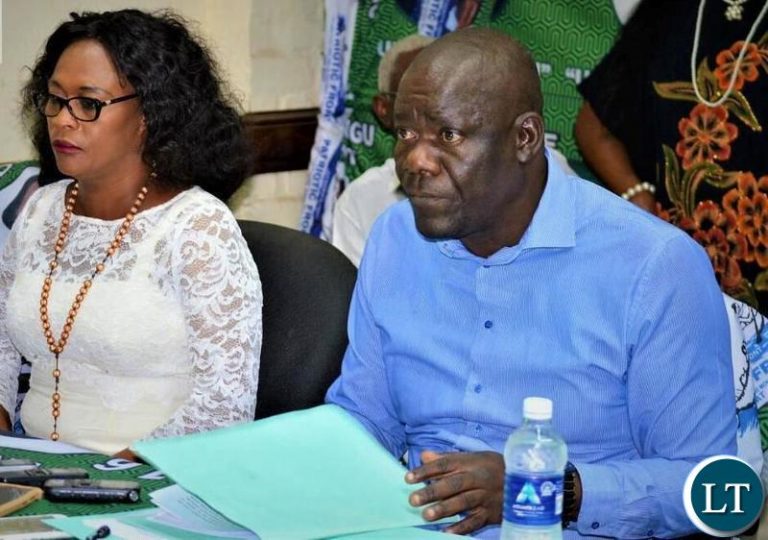By Parkie Mbozi
A WEEK ago, on 11 March, the World Health Orgnisation (WHO) declared the Coronavirus (code-named COVID-19) a “pandemic”. That was precisely 15 days since I published my first article (on 27 February) on the disease titled, Is Zambia Ready to Cope with And Contain a Coronavirus Outbreak?
In the above article I wrote, While the WHO is yet to declare it a pandemic, its director general Tedros Adhanom Ghebreyesus told reporters in Geneva on Sunday (29 February) that “the world should be working harder to contain the spread of the deadly new coronavirus, and should be preparing for a “potential pandemic”.’ The COVID-19 outbreak remains an international emergency, a spokesman for WHO said.
In declaring COVID-19 a pandemic on 11 March, Dr Ghebreyesus said, In the past two weeks, the number of cases of COVID-19 outside China has increased 13-fold, and the number of affected countries has tripled. There are now more than 118,000 cases in 114 countries, and 4,291 people have lost their lives” and added, We have therefore made the assessment that COVID-19 can be characterized as a pandemic.
So, your question might be, what changed so drastically for the WHO to declare COVID-19 a pandemic within 15 days of calling is a mere epidemic or outbreak? And what is the difference between an epidemic and a pandemic, anyway? Well, do not worry. The answers follow below.
In terms of definitions, epidemiologists look at a combination of factors to determine whether a disease is an ‘epidemic’ or ‘outbreak’ or ‘pandemic’. According to the guidelines of the WHO and Centre for Disease Control (CDC) of the United States, a disease goes through six other stages before it attains the final stage: ‘Pandemic’.
Of interest are the last three: ‘epidemic’, which refers to a sudden increase in the number of cases of a disease above what is normally expected; ‘outbreak’, which carries the same definition as an epidemic but is often used to describe a more limited geographic event; and finally ‘pandemic’, which refers to an epidemic that has spread over several countries or continents, usually affecting a large number of people. Some epidemiologists classify a situation as a pandemic only once the disease is sustained in some of the newly affected regions through local transmission.
Worth of note is the fact that the COVID-19 attained the ‘pandemic’ status within barely three months of its ‘sporadic’ eruption in December 2019. In contrast it took a number of years before its counterpart, the human immunodeficiency virus (HIV) was declared a pandemic after it was first discovered in a patient with Acquired Immuno-deficiency syndrome (AIDS) in Los Angeles, USA, in 1983.
So, how did the sudden makeover happen? Just to recap, the first case of COVID-19 virus outbreak was announced by the Chinese authorities on 2 December 2019 in the city of Wuhan, Hubei province, mainland China. By 27 February, the World Health Organization (WHO) reported a cumulative global total of 81,155 cases of infections (77,150 in China alone) and 2,750 deaths (2,592 in China alone). The first case of “community spread” of the virus (‘localized’ or without trace to any outside travels) had just been recorded in California, USA.
In terms of geographic spread, as at 27 February the disease had barely spread to all continents apart from the Antarctica. However, it was still confined to only 61 countries, having in fact just reached African and South America two days earlier, on 25 February. On 27 February a single case had just been reported in Brazil, the first in South America and in Algeria and Egypt in Africa (with one case each). Numerically we can say up until 27 February the disease had largely been confined to China, Asia and Europe.
Likewise, in terms of ‘lockdown’, only Wuhan and surrounding areas of mainland China and the Italian regions of Lombardy and Veneto had had that experience. ‘Lockdown’ meant travel bans, shutdown of businesses, institutions of learning, sporting events and other public events.
Fast forward 11 March when WHO declared COVID-19 a pandemic, the disease had gone up to 118,000 cases from 81,155 (69% increase within two weeks); spread to 114 countries from 61 (64% increase) and claimed the lives of 4,291 people compared to 2,750 (a 54% increase). The mortality rate (number of deaths among the infected) had also increased from 2.0% to 3.6% (a 56% surge). Italy had become the first country in the world to announce a national lockdown and the USA and other countries had announced travel bans and regional lockdowns.
Here in Africa, a total of 11 African countries had reported first cases of COVID-19 a pandemic by 11 March. Egypt had the lions share with 55 of the 101 cases. Nigeria was the first sub-Saharan African country to record a case on 29 February followed by South Africa. Most of the confirmed cases involved people arriving from outside the continent.
At the time of writing this article, on 18 March, the cases of the disease on the continent had been reported in 30 countries with Egypt again leading the pack with 210 infections and six mortalities, followed by South Africa with 116 cases (no mortality). The first death in sub-Saharan Africa had just been reported in Bukina Faso, specifically a diabetic woman aged over 60.
In the middle of drafting this article, Zambia just announced it first two cases of the COVID-19 outbreak: a couple that had traveled to France for holiday 10 days ago. The couple and its two children are said to be Zambian residents of Greek origin.
Africa’s Concerns: State of Preparedness, HIV, Donor Fatigue
A number of countries had taken partial lockdown measures, in particular travel bans, shutting down of learnings institutions, banning large public gatherings and introducing sanitation measures in public places. South Africa is so far the only country to have evacuated its citizens (104) from Wuhan to a local quarantine centre in Lipompo.
While all these measures have been taken, criticisms have been labelled against the lackluster response strategies of most countries, in particular, on the slow pace of travel bans, mandatory testing and isolation at airports and other entry points, pace of setting up quarantine and testing and treatments centres and allocating resources to prepare for the worst-case scenarios.
From an epidemiological standpoint, concerns have been raised about the impact of Covid-19 on individuals with suppressed immunity, particularly among people living with HIV. Africa is said to home to about 25.7 million of the estimated global total of 37.9 million people living with HIV in 2018. HIV compromises the immune system, leaving the body vulnerable to other infections. COVID-19 reportedly thrives on people with ‘pre-existing conditions’ and HIV is a major one. Divided attention is another dimension of the challenge for PLWH. A study by UNAIDS found that when the coronavirus outbreak began in China, people in affected areas living with HIV found it difficult to get hold of their anti-retroviral medicines.
“It’s important to underline that there is currently no strong evidence that people living with HIV are at an especially increased risk of contracting Covid-19 or, that if they do contract it, they will experience a worse outcome,” says head of UNAIDS Winnie Byanyima. More research into the “biological and immunological interactions” between HIV and the new coronavirus, according Dr Byanyima.
On a positive note, the continent’s population dynamics could be its strength, says John Nkengasong, director of Centre for Disease Prevention and Control in Africa. “It’s possible that with a predominantly young population, Africa may be spared widespread severe cases.”
In terms of global funding, as the poorest continent Africa has always looked ‘North’ (especially Asia, Europe and the USA) for financial, human resource and material support to fight pandemics. The tables have now turned. The ‘North’ has been classified as the epicenter of the Covid-19 and is itself struggling to cope with the pandemic. Their own economies, the ‘milking cow’, are also facing eminent recession. Africa must brace itself for self-financing amid already struggling economies.
Other Notable Pandemic in Human History
Just to put COVID-19 into context, I present below other pandemics humankind has experienced:
• HIV: killed over 39 million people since 1982.
• Spanish flu pandemic of 1918: killed well over 50 million people in one year
• Smallpox pandemic of the 20th century: claimed between 300 to 500 million lives. It was officially eradicated in 1980, the only human disease that has been eradicated to date.
• Black plague: killed more than 75 million people from 1347 to 1351
• Plague of Justinian of 541 A.D: attributed to the bubonic plague and wiped out 25-50 million people in one year.
To conclude, COVID-19 has now officially and instantly joined the “Hall of Fame” as a pandemic. As shown above, pandemics always have casualties. The good news is that humankind is now more advanced in the field of medical research and information and communication and technologies. Pandemics rapidly stretch resources. By its own admission, the USA, the wealthiest nation in the world, is already stretched on resources, facilities and materials (testing kits, masks, protective attires, etc).
It is not a secret that Zambia and Africa cannot contain a full-scale outbreak of this new pandemic. Prevention is our best bet. We owe no one an apology for instituting the most stringent of measures to protect our countries and continent from this foreign disease. Let’s not forget the stigmatisation we continue to be subjected to for ‘originating’ HIV and Ebola.
Leadership at the highest level is the answer. South Africa, incidentally the chair of the African Union, has shown the way. Just today the President was meeting leaders of all political parties to garner views and to speak to the nation as a collective. Leaders of the USA, England, etc, with their multi-sectoral teams, meet the people through the press almost daily to update the nation on what is being done across sectors and structures and to pacify anxieties. Please emulate!
Zambia: if the leadership was waiting for the first case in order to roll up sleeves, now we have ‘twins’ for first born. The nation is waiting for the full roll out plan across all structures and sectors of the country.
The author is a media and communication researcher and scholar with the University of Zambia. He is reachable on pmbozi5ATyahooDOTcom The Facts and figures in this article were sourced from a number of online and international media sources.



